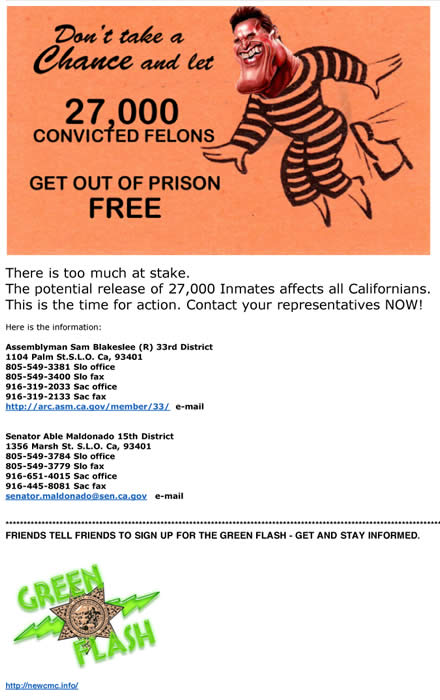Saturday, June 26, 2010
Appellate court hears opening arguments in state employee minimum wage case
June 21, 2010
Appellate court hears state worker minimum wage arguments
A three-judge panel of appellate justices this morning grilled attorneys debating both sides of a lower court's decision that State Controller John Chiang didn't have the authority in 2008 to refuse a Department of Personnel Administration order to issue minimum wage paychecks to state workers.
Today's hearing reviewed the lower court's decision in Gilb v. Chiang that the controller didn't have authority to reject state worker pay reduction orders issued by the Schwarzenegger administration nearly two years ago. The law allows state worker pay withheld when no money is appropriated for state payroll, as is the case when lawmakers fail to pass a budget by the July 1 beginning of the fiscal year.
On Monday, Chiang attorney Steven Rosenthal argued that Superior Court Judge Timothy Frawley's 2009 decision didn't correctly interpret the controller's legal obligation to adhere to the Federal Labor Standards Act.
That law, which requires workers who work even one hour of overtime in a given pay period be paid full base wages in the same pay cycle, would be violated if the controller complied with the DPA order, Rosenthal said. The state uses a payroll system that assumes hours worked in a given period and issues paychecks based on those anticipated hours. Any additions or subtractions in pay are made a month later.
Rosenthal said that system makes it impossible to adhere to the federal law if the state assumed everyone's wage withheld to the minimum. "We issue the paycheck before we know the overtime has occurred," he said.
It's a problem that won't go away, even if the Controller's Office had the technology to swiftly alter payroll, which Chiang asserted it couldn't in 2008.
DPA lawyer Christopher Thomas argued that state Supreme Court's decision in White v. Davis left room for employers to delay pay. (Click here to read more about that key 2003 court case.)
And Thomas countered that Chiang had failed to prove that the state couldn't logistically manage the mass payroll changes that a minimum wage order would require.
"Even if they can't achieve 100 percent perfection, they have to comply to the maximum extent possible," Thomas said.
The judges, led by Presiding Justice Arthur Scotland, dismissed the hearing without giving an indication of when they might issue a decision.
Read more: http://blogs.sacbee.com/the_state_worker/2010/06/appellate-court-hears-state-wo.html#ixzz0rWgzQdAs
Subscribe to:
Post Comments (Atom)
Blog Archive
-
▼
2010
(132)
-
▼
June
(12)
- ARTICLE FROM BOB WALSH/PV
- Appellate court hears opening arguments in state e...
- Chronicling civil-service life for California stat...
- Rolling back pension costs: how far will it go?
- The State Worker: Are public pensions the root of ...
- Soledad prison cell-phone smugglers meet K-9 match
- Summary of the tentative agreements with Units 5, ...
- SO NOW THAT WE HAVE YOUR ATTENTION
- WRITING BY IAN
- Just My thought Process Only 6/8/10
- Chronicling civil-service life for California stat...
- ANOTHER RIOT DOWN SOUTH
-
▼
June
(12)
































No comments:
Post a Comment